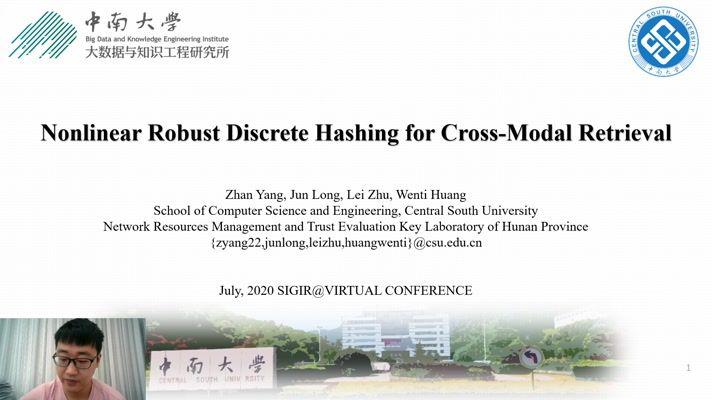Abstract:
Quantum entanglement enables important computing applications such as quantum key distribution. Based on quantum entanglement, quantum networks are built to provide long-distance secret sharing between two remote communication parties. Establishing a multi-hop quantum entanglement exhibits a high failure rate, and existing quantum networks rely on trusted repeater nodes to transmit quantum bits. However, when the scale of a quantum network increases, it requires end-to-end multi-hop quantum entanglements in order to deliver secret bits without letting the repeaters know the secret bits. This work focuses on the entanglement routing problem, whose objective is to build long-distance entanglements via untrusted repeaters for concurrent source-destination pairs through multiple hops. Different from existing work that analyzes the traditional routing techniques on special network topologies, we present a comprehensive entanglement routing model that reflects the differences between quantum networks and classical networks as well as a new entanglement routing algorithm that utilizes the unique properties of quantum networks. Evaluation results show that the proposed algorithm Q-CAST increases the number of successful long-distance entanglements by a big margin compared to other methods. The model and simulator developed by this work may encourage more network researchers to study the entanglement routing problem.









































